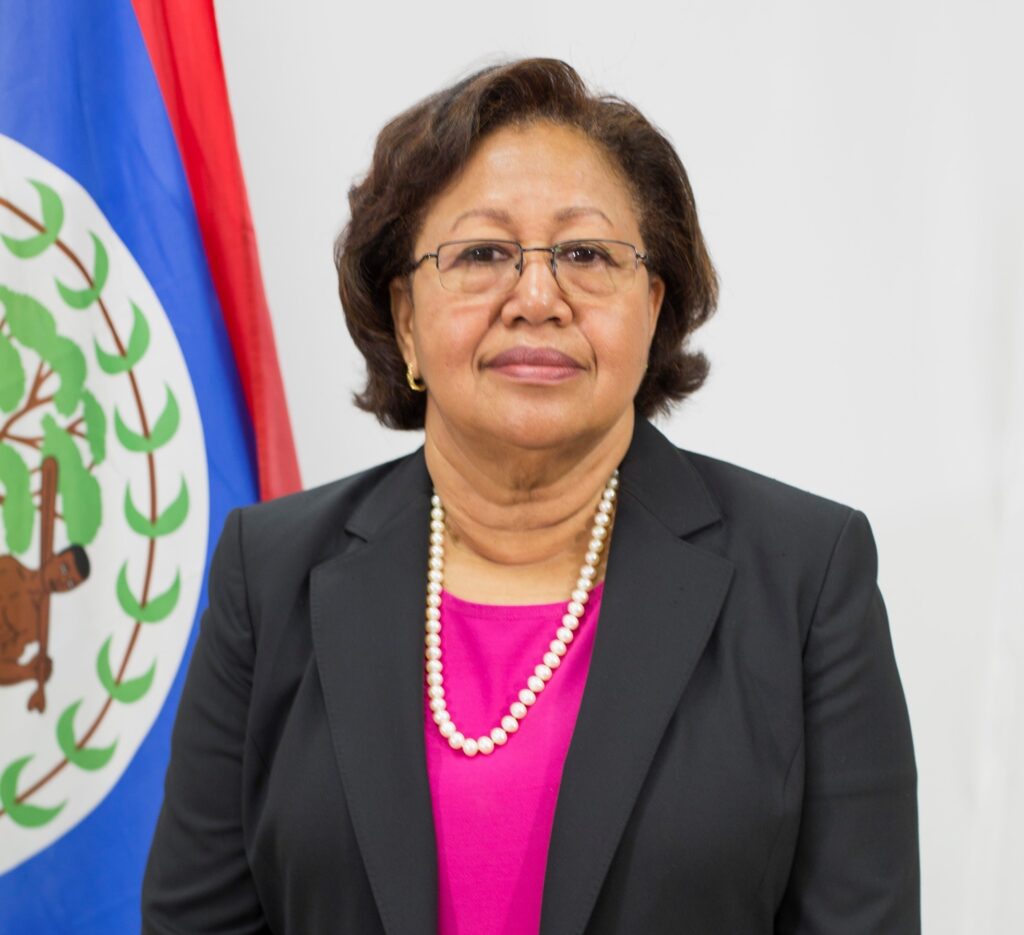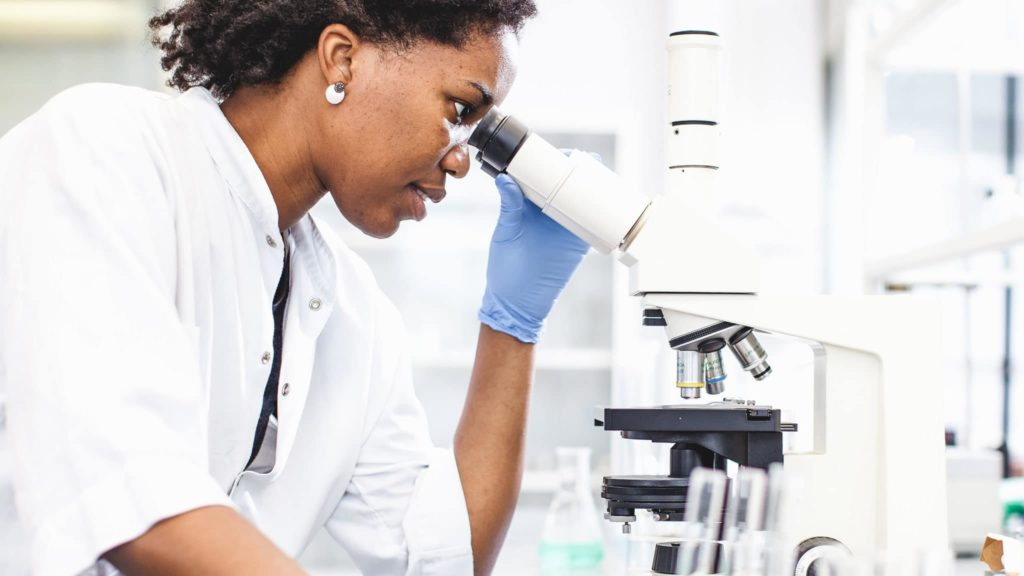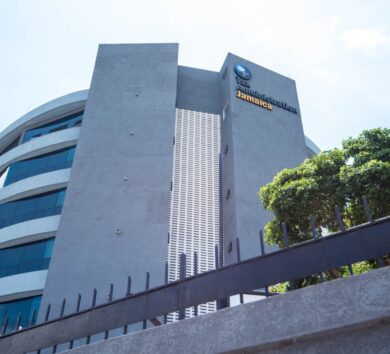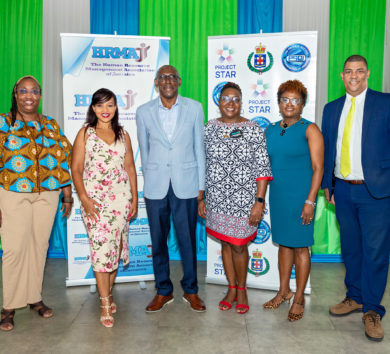

As the world celebrates the accomplishments of women on International Women’s Day (March 8), the Caribbean Community (CARICOM) joins the rest of the world to celebrate the social, economic, cultural and political achievements of women.
Dr Carla Barnett, secretary general of CARICOM in a message in commemoration of International Women’s Day noted that as the world recognises the accomplishments of women across the region and by extension the world, there also a recommitment to the work that still needs to be done to accelerate women’s equality.
She noted that this year’s celebration which is being championed under the theme DigitALL: Innovation and Technology for Gender Equality, is aligned with the priority theme for the Sixty-Seventh Session of the Commission on the Status of Women underway at the United Nations.
The day is set aside to acknowledge women’s contributions to technology and explore the impact of the digital gender divide on widening economic and social inequalities exacerbated during the height of the COVID-19 pandemic.

The secretary-general also noted that it highlights the importance of protecting the rights of women and girls in digital spaces, and of addressing online and ICT-facilitated, gender-based violence.
“The timeliness and relevance of this year’s theme cannot be overstated, as technology and innovation are playing an increasingly important role to shape our Region and the world,”
“Technology and innovation are opening new avenues for women and girls, thus contributing to gender equality in several ways. Through digital platforms and online resources, women and girls are gaining access to educational opportunities and career paths that were previously unavailable to them. This is particularly true in underserved communities where traditional barriers, such as geography, culture and a lack of resources can prevent them from pursuing their dreams,” She said.
With the revolutionisation of technology, Barnett believes that training and education have become more accessible for women in the fields of science, technology, engineering, arts and mathematics (STEAM).

This she argues will provide women with more opportunities to participate in the workforce, which can lead to greater economic independence, empowerment, and higher pay.
“Innovation and technological change can also lead to more flexible work arrangements, which can help women balance their work and family responsibilities. Innovations in medical technology also promise to improve women’s health outcomes, and access to healthcare services, such as new treatments for reproductive health, remote monitoring of pregnancies and telemedicine services,” she added.
However, she noted that with these technological advancements come potential challenges such as online violence, harassment and privacy concerns, all of which disproportionately affects women and girls.
Other challenges listed by Barnett that are facing women in the region included gender-based violence, unpaid, and lack of equality in political participation.

“According to the global average, one in three women has experienced physical and [or] sexual violence at some point in her lifetime, usually from an intimate partner. In the Caribbean region, prevalence surveys conducted between 2016-2018 in five Member States indicate incidence rates as high as one in two women,”
She said: “as we observe IWD this year, our thoughts and prayers are with the women and girls in Haiti who are experiencing the grossest violations as they are targeted by gangs who are ravaging and killing them with impunity. Protecting women and girls must be a priority.”
She urges CARICOM to work towards greater representation of women and girls in leadership, and decision-making in the areas of technology, politics, business, health, the arts, and culture in order to create a more equitable society.







Comments